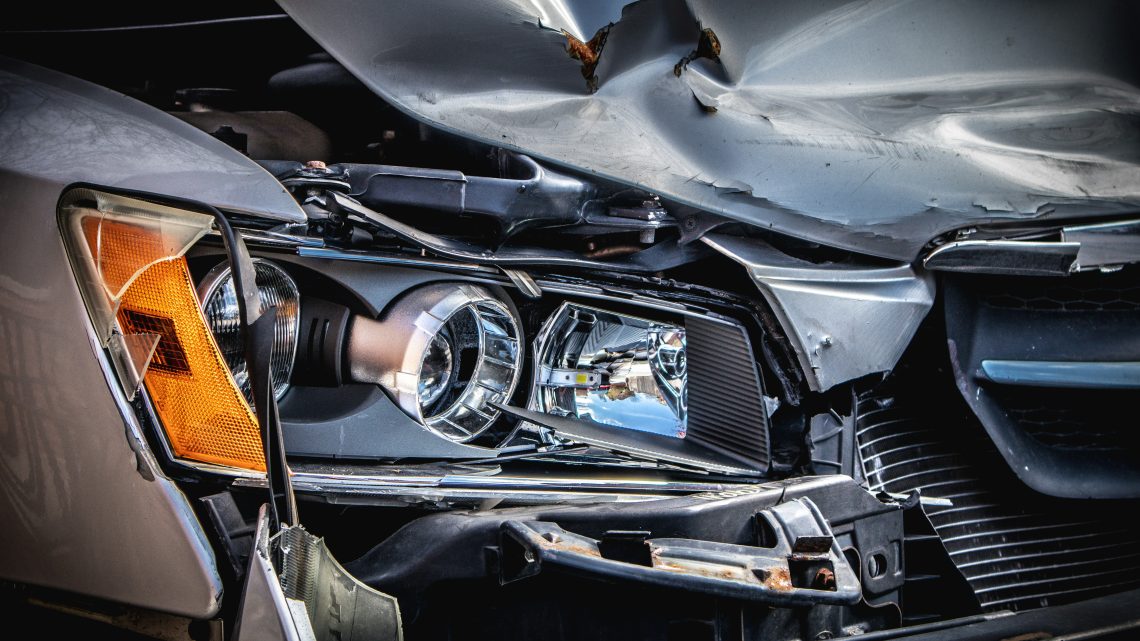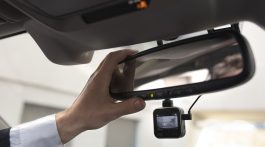Car accidents can be complex, especially when multiple parties share blame. In Louisiana, determining fault is crucial in deciding how much compensation an injured party can receive. The state follows a pure comparative fault system, meaning that even if a driver is partially responsible for an accident, they can still recover damages.
However, their compensation will be reduced based on their level of fault. Understanding how this system works is essential for anyone involved in a car accident in Louisiana.
What Is The Difference Between Pure Comparative Fault and Modified Comparative Fault?
Comparative fault is a legal principle that assigns a percentage of blame to each party involved in an accident. Under Louisiana Civil Code Article 2323, the state applies pure comparative fault, which means an injured party can still recover damages even if they are 99% at fault. Their total compensation is simply reduced by their assigned percentage of responsibility.
This system differs from modified comparative fault, used in some other states, where claimants cannot recover damages if they are more than 50% or 51% responsible. Louisiana’s approach allows injured parties more opportunities to seek compensation, but it also means that insurance companies often try to shift blame to minimize payouts.
How Comparative Fault Works in Louisiana Car Accidents
When an accident occurs, determining fault is one of the most critical aspects of the claims process. Police reports, witness statements, and evidence such as traffic camera footage or accident reconstruction analysis all play a role in assigning fault percentages.
For example, imagine a scenario where:
- Driver A is speeding through an intersection, going 15 mph over the limit.
- Driver B runs a red light and collides with Driver A.
In this case, both drivers contributed to the accident. If Driver B is found to be 80% at fault and Driver A 20% at fault, Driver A’s total compensation will be reduced by 20%. If Driver A’s damages amount to $100,000, they would only receive $80,000 due to their share of responsibility.
How Fault Percentage Affects Compensation
The percentage of fault assigned to each driver directly affects how much compensation they can receive. Insurance companies and courts use these percentages to calculate payouts for damages such as:
- Medical expenses
- Lost wages
- Property damage
- Pain and suffering
For instance, if a driver sustains injuries and their total damages amount to $200,000, but they are found 30% at fault, they will only receive $140,000 (70% of the total amount). Even if they were primarily responsible for the accident, they could still recover some compensation under Louisiana’s pure comparative fault rule.
Common Defenses Insurers Use to Shift Blame
Insurance companies often rely on Louisiana’s comparative fault system to reduce their payout obligations. Some common tactics include:
- Arguing that the injured party contributed to the accident by speeding, failing to signal, or being distracted.
- Blaming external factors like poor weather or road conditions to dispute liability.
- Using social media posts or past traffic violations against the injured party to establish a pattern of negligence.
A Baton Rouge car accident attorney explained that insurers frequently try to overstate a victim’s fault to lower settlement offers. This makes it essential for accident victims to have strong legal representation to counter these tactics.
Proving Your Case in a Louisiana Comparative Fault Claim
To maximize compensation, accident victims must present solid evidence to challenge any unfair fault assignments. This may include:
- Photographs and videos from the accident scene
- Witness statements supporting the victim’s version of events
- Police reports detailing who was cited or considered at fault
- Medical records proving the extent of injuries
- Accident reconstruction expert testimony when fault is disputed
A skilled attorney can gather and present this evidence effectively, ensuring that an insurance company or court assigns a fair percentage of fault.
Why Legal Representation Matters in Comparative Fault Cases
Since Louisiana’s comparative fault system allows insurers to argue that accident victims share blame, having legal representation can make a significant difference in the outcome of a claim. A car accident attorney can:
- Negotiate with insurance companies to challenge excessive fault claims
- File a lawsuit if necessary to pursue full and fair compensation
- Ensure that all evidence is properly documented to support the victim’s case
- Advise on settlement offers to avoid accepting unfairly reduced compensation
Without proper legal guidance, accident victims may find themselves accepting lower settlements or struggling to dispute unfair fault allocations.
If you have been involved in a car accident in Louisiana, understanding how comparative fault affects your claim is crucial. Consulting with an experienced attorney can help you navigate the legal process and ensure you receive the compensation you deserve.




No Comment